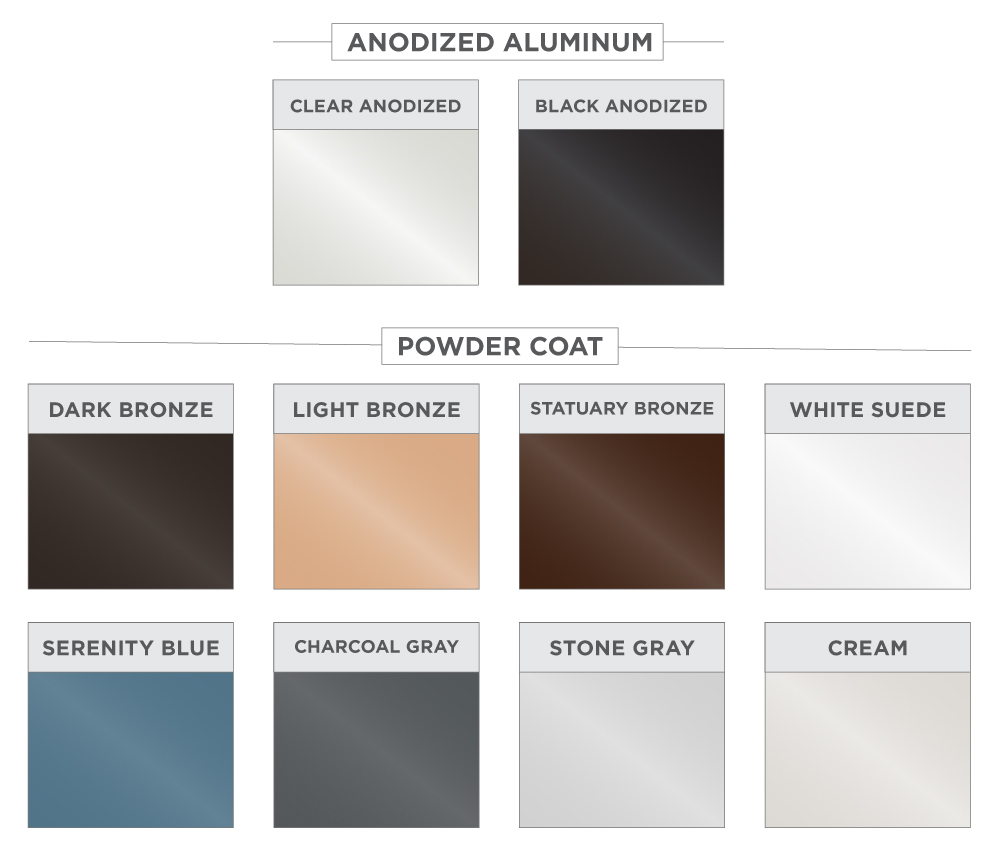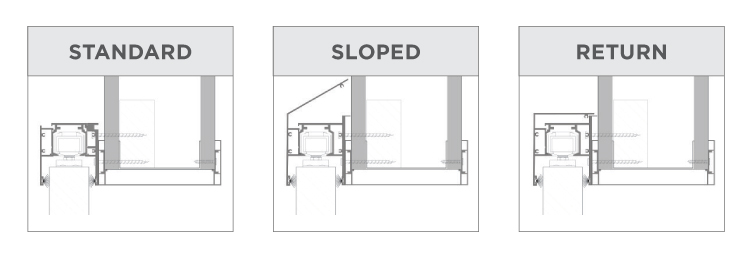Understanding the Impact of Trade Certifications on Commercial Sliding Doors Production
In today's highly competitive market, the production of commercial sliding doors has become increasingly influenced by trade certifications. These certifications not only assure quality but also enhance the credibility of manufacturers in the eyes of consumers and business partners alike. As businesses strive to meet the evolving demands of safety, efficiency, and sustainability, understanding the impact of these certifications is essential. They serve as benchmarks for industry standards, ensuring that the commercial sliding doors produced meet rigorous specifications and performance criteria. Furthermore, trade certifications can streamline supply chains and foster innovation, as manufacturers are encouraged to adopt best practices and advanced technologies. In this blog, we will delve into how trade certifications shape the production landscape of commercial sliding doors, the benefits they confer to manufacturers, and their overall significance in promoting trust and excellence in the industry.

The Role of Trade Certifications in Enhancing Quality Standards for Sliding Doors
Trade certifications play a crucial role in enhancing the quality standards for commercial sliding doors. These certifications are not just mere labels; they represent a commitment to safety, durability, and performance. When manufacturers adhere to recognized standards, they ensure that their products meet stringent regulations, which ultimately benefits consumers by providing assurance of quality. Regular audits and assessments required for certification help maintain high production standards and foster continuous improvement within the industry.
Moreover, trade certifications facilitate a competitive edge in the marketplace. Companies that obtain these certifications can effectively differentiate themselves, attracting clients who prioritize quality and reliability in their purchasing decisions. By investing in certified processes and materials, manufacturers not only improve their reputation but also contribute to the overall advancement of sliding door technology. As the industry evolves, the emphasis on certified quality standards will remain a pivotal factor in driving innovation and sustainability in production practices.
Understanding the Impact of Trade Certifications on Commercial Sliding Doors Production
| Certification Type | Issuing Body | Standards Enhanced | Impact on Production | Consumer Confidence |
|---|---|---|---|---|
| ISO 9001 | International Organization for Standardization | Quality Management Systems | Streamlined processes, reduced waste | High |
| ANSI/BHMA A156.10 | American National Standards Institute | Sliding Door Hardware | Ensured safety and performance standards | Medium |
| LEED Certification | U.S. Green Building Council | Sustainable Building Practices | Promoted eco-friendly materials | High |
| CE Marking | European Community | Safety and Health Standards | Allowed access to European markets | High |
Evaluating the Economic Impacts of Trade Certifications on Production Costs
Trade certifications play a pivotal role in shaping the production landscape for commercial sliding doors, particularly when it comes to assessing production costs. A recent report from the American National Standards Institute (ANSI) indicates that manufacturers who obtain relevant trade certifications can reduce production costs by an average of 20%. This cost reduction is primarily attributed to enhanced operational efficiencies and streamlined processes, which certified companies can leverage over their non-certified counterparts.
Furthermore, the National Association of Manufacturers (NAM) highlights that certified businesses often benefit from reduced material waste and rework, leading to significant economic impacts. With data suggesting that around 30% of production costs in the sliding door industry are associated with material waste, implementing standards through trade certifications can lead to an estimated annual savings of up to $100,000 for mid-sized manufacturers. By fostering a culture of quality and compliance, trade certifications not only support better industry practices but also contribute to the overall economic viability of producers in a competitive marketplace.
Impact of Trade Certifications on Production Costs of Commercial Sliding Doors
Key Certifications Impacting the Commercial Sliding Doors Industry
The commercial sliding doors industry is significantly shaped by various trade certifications that ensure safety, quality, and energy efficiency. Key certifications, such as the American National Standards Institute (ANSI) and the American Society for Testing and Materials (ASTM), play a pivotal role in setting industry benchmarks. These certifications not only validate a product's performance and durability but also enhance consumer trust, leading to increased market adoption of certified products. For manufacturers, adhering to these standards means that their sliding doors can compete effectively in an increasingly demanding market.
In the context of the U.S. windows and patio doors market for single-family homes, certifications are becoming even more crucial. With homeowners prioritizing energy efficiency and sustainability, the demand for certified products that comply with strict environmental regulations is on the rise. Compliance with certifications such as Energy Star can significantly influence purchasing decisions. As a result, manufacturers of commercial sliding doors must align their production processes with these certifications to not only meet homeowner expectations but also position themselves advantageously in the marketplace. The interplay between trade certifications and consumer demands is reshaping the landscape of the commercial sliding door industry, driving innovation and improved production practices.

How Trade Certifications Influence Consumer Trust and Market Competitiveness
Trade certifications play a vital role in shaping consumer trust in the commercial sliding doors market. When manufacturers obtain recognized certifications, they signal their commitment to quality, safety, and compliance with industry standards. This assurance is particularly important in sectors where durable and reliable products are paramount. Consumers are more likely to purchase from certified brands, believing that these companies prioritize excellence and adhere to rigorous testing protocols. As a result, certifications serve as a competitive advantage, influencing purchasing decisions and fostering brand loyalty.
Furthermore, trade certifications can enhance a company’s market competitiveness by differentiating their products within a crowded marketplace. In an industry where various manufacturers vie for attention, certifications act as a quality seal, allowing consumers to make informed choices. This differentiation not only helps to elevate the brand's reputation but also increases the likelihood of securing contracts with commercial entities that often mandate adherence to specific standards. Ultimately, trade certifications empower businesses to stand out, fortify consumer trust, and drive sales, underscoring their significance in the commercial sliding doors production landscape.
Impact of Trade Certifications on Commercial Sliding Doors Production
Future Trends in Trade Certifications for Sliding Door Manufacturing
As manufacturers of sliding doors navigate a rapidly changing landscape, the future of trade certifications is becoming increasingly vital. Recent insights suggest a cautious optimism within the industry, primarily fueled by evolving standards and regulations. In 2022, over 65% of manufacturers reported an intention to obtain or renew certifications to meet new market demands and consumer expectations, significantly impacting production processes and materials used.
Trade certifications not only enhance product credibility but also open gateways to new markets. Market reports indicate that certified products enjoy a 15-20% increase in sales compared to non-certified ones, emphasizing the importance of compliance in manufacturing. As trade policies evolve—especially in light of recent tariff discussions—staying ahead of certification trends will be critical for manufacturers aiming to maintain competitive advantage.
**Tips:**
- Regularly review industry certification requirements to ensure compliance and stay up to date with best practices.
- Attend industry conferences to gain insights on regulatory changes and network with peers for shared knowledge and strategies.
- Invest in training programs for staff to enhance understanding of certification processes and their impact on production efficiency.






